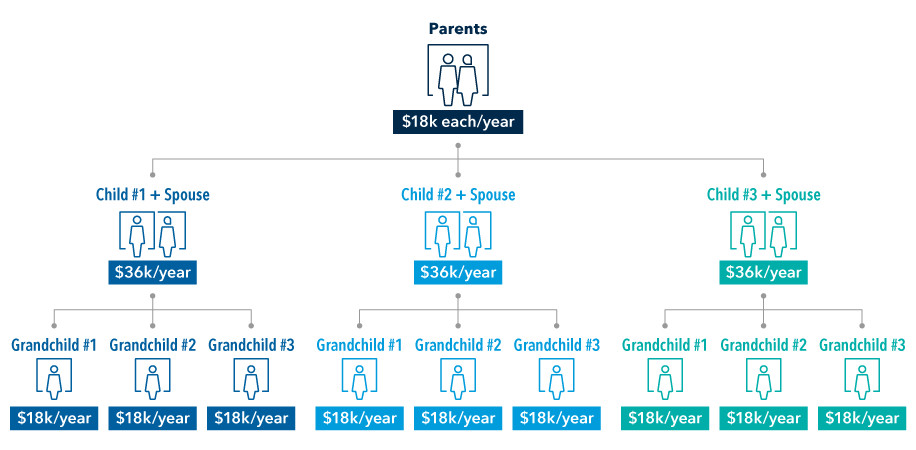With people living longer, adult children are often asked to act as coordinators and managers of an elderly parent’s care. If you work with clients who are caring for elderly parents or loved ones, you may be able to help. Although physical care should be the primary concern, managing and protecting finances is a close second. An outdated estate plan, a financial agent with improper motives, a successor trustee verging on incapacity — these are just a few of the potential missteps when it comes to elder financial care. And any one of them could lead to family strife.
One common issue involves children doing all they can to arrange 24-hour nursing care for an ailing parent, yet failing to secure their own financial well-being in the same way. Then there are the scenarios in which the hired caregiver becomes a confidant, and the parent amends an estate plan to name the caregiver as agent, fiduciary and beneficiary in the estate plan documents. After the parent dies, the caregiver and child become locked in an expensive dispute over the validity of the documents.
A well-constructed estate plan can help prevent these types of surprises. If you have clients caring for elderly parents, helping those clients think through the components of their parents’ estate plans can focus their attention on the relevant decisions and spur them into action by raising important and time sensitive considerations to discuss with an estate planning attorney or tax professional. What’s more, these questions can help clients plan for their own needs in the future.



